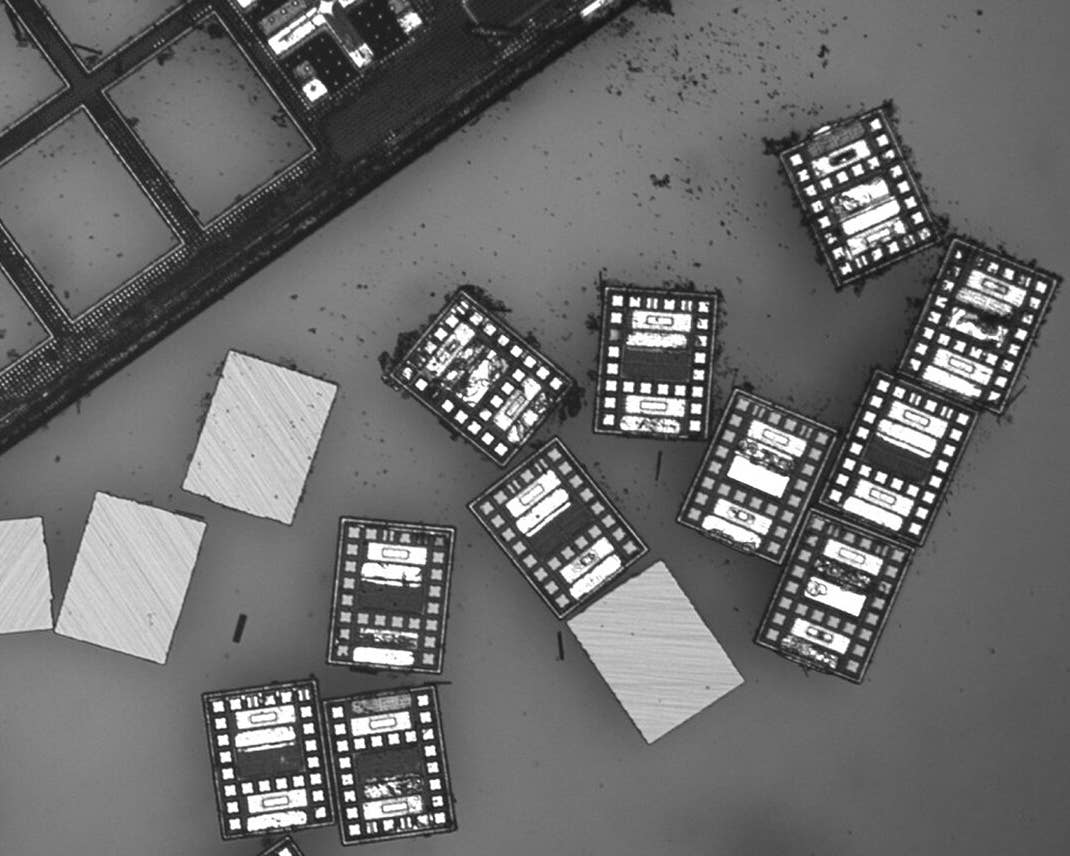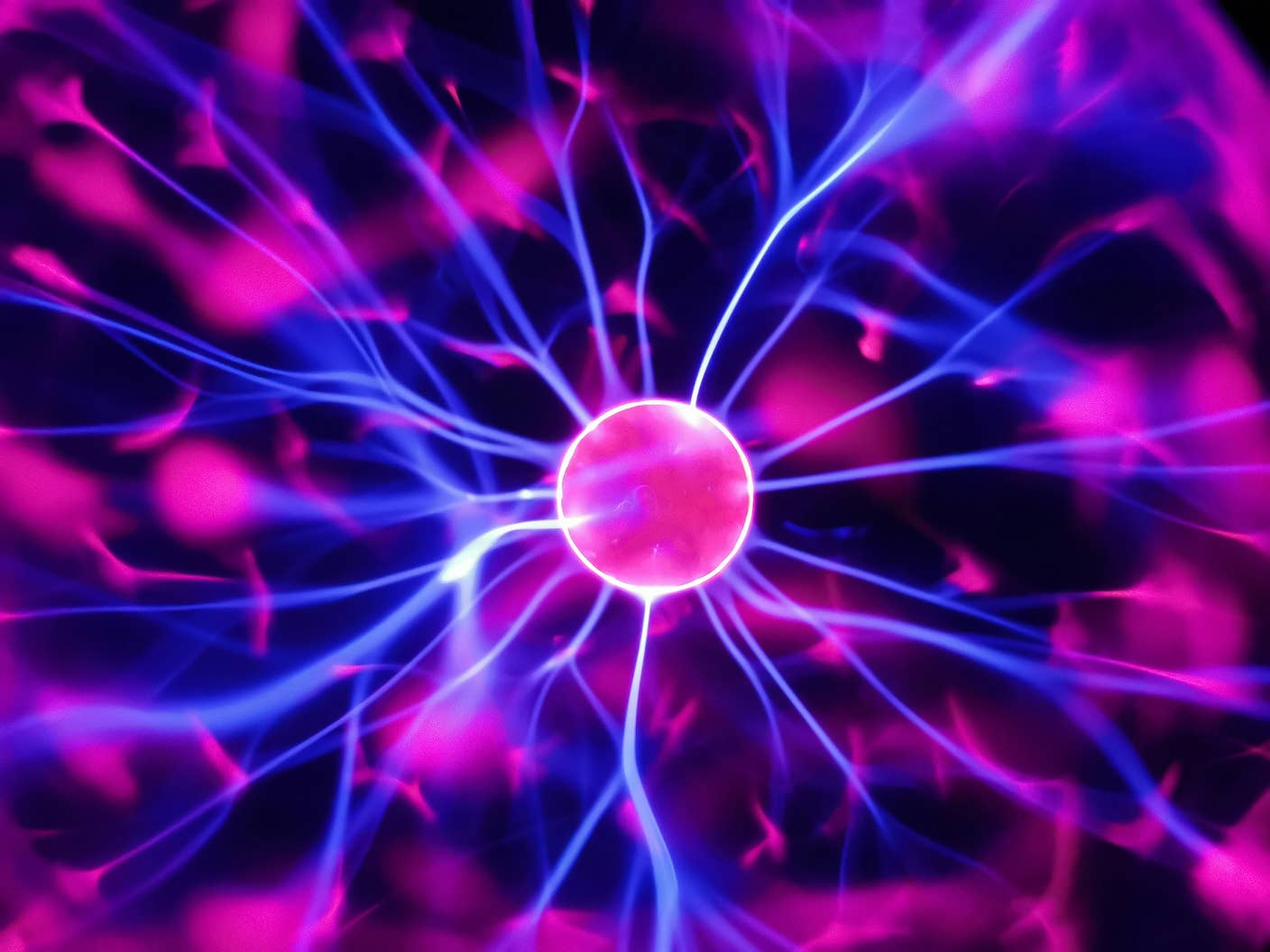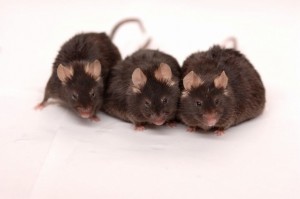Researchers Stop Decline In Organ Function Associated With Old Age

Share
As humans age the systems in our cells for cleaning up unwanted proteins and other debris become less efficient. It is theorized that junk in our cells thus accumulates, leading to further deterioration in the health and function of our cells, ultimately leading to disease and aging.
Be Part of the Future
Sign up to receive top stories about groundbreaking technologies and visionary thinkers from SingularityHub.


Medical News Today reports that researchers have added support to this theory with the dramatic reduction of the aging of an entire organ in a mouse - the liver - by genetically enhancing the ability of cells in the liver to clean up the toxic accumulation of their cellular junk. From the article:
"When the mice were examined at 22 to 26 months of age (equivalent to
approximately 80 years old in humans), the liver cells of transgenic
mice digested and recycled protein far more efficiently than in their
normal counterparts of the same age - and, in fact, just as efficiently
as in normal six-month old mice."
Related Articles

These Robots Are the Size of Single Cells and Cost Just a Penny Apiece

Hugging Face Says AI Models With Reasoning Use 30x More Energy on Average

This Week’s Awesome Tech Stories From Around the Web (Through December 13)
What we’re reading

